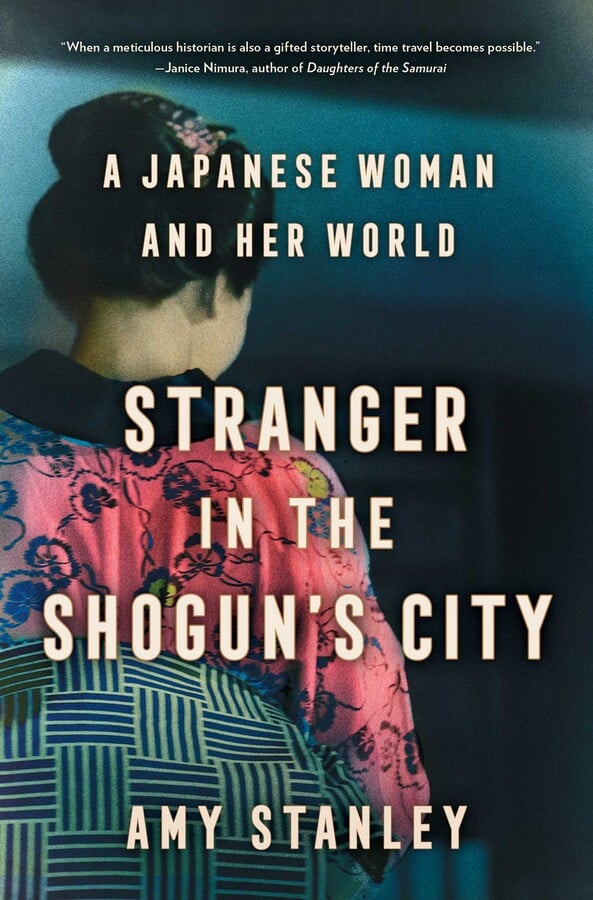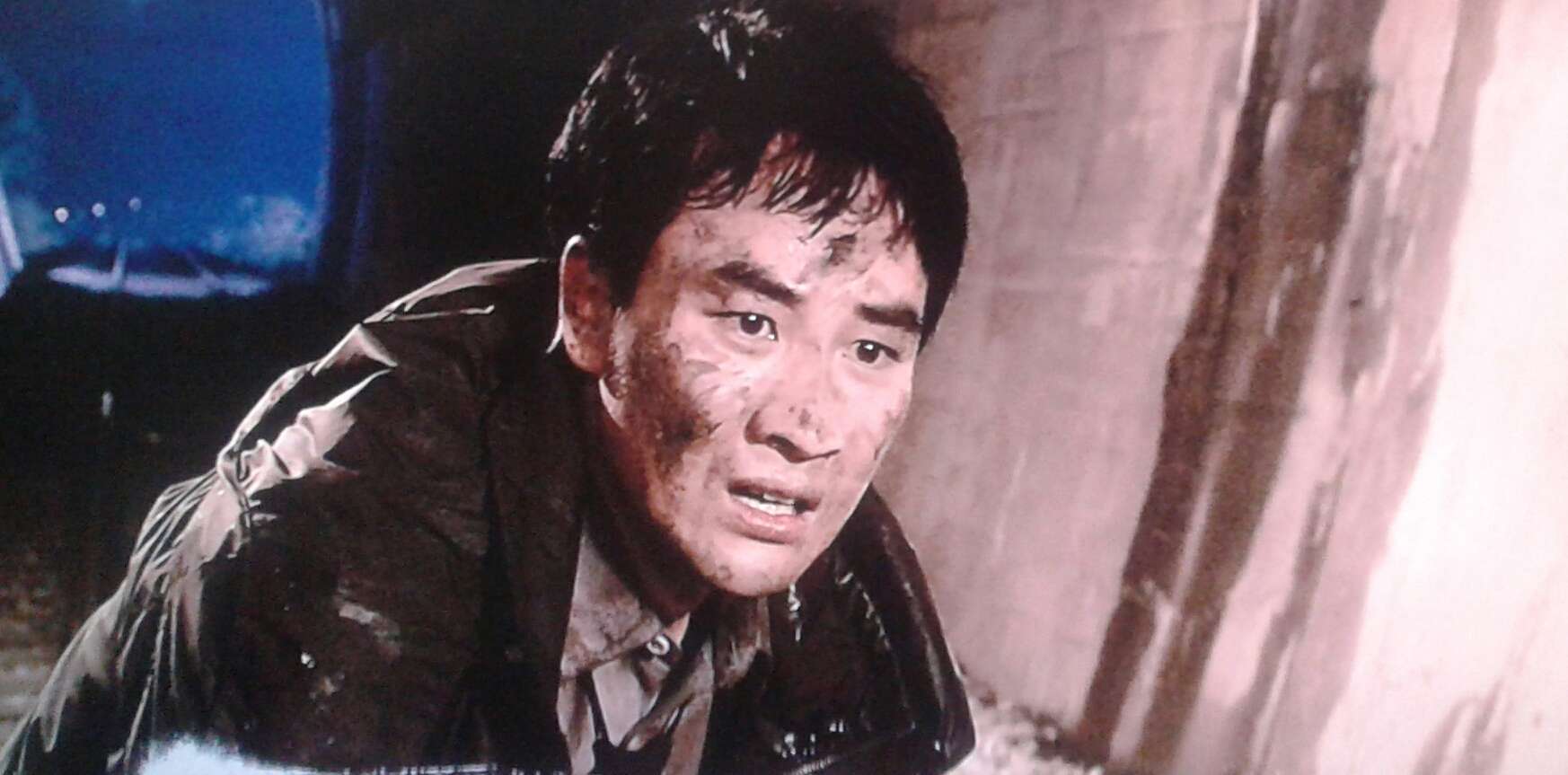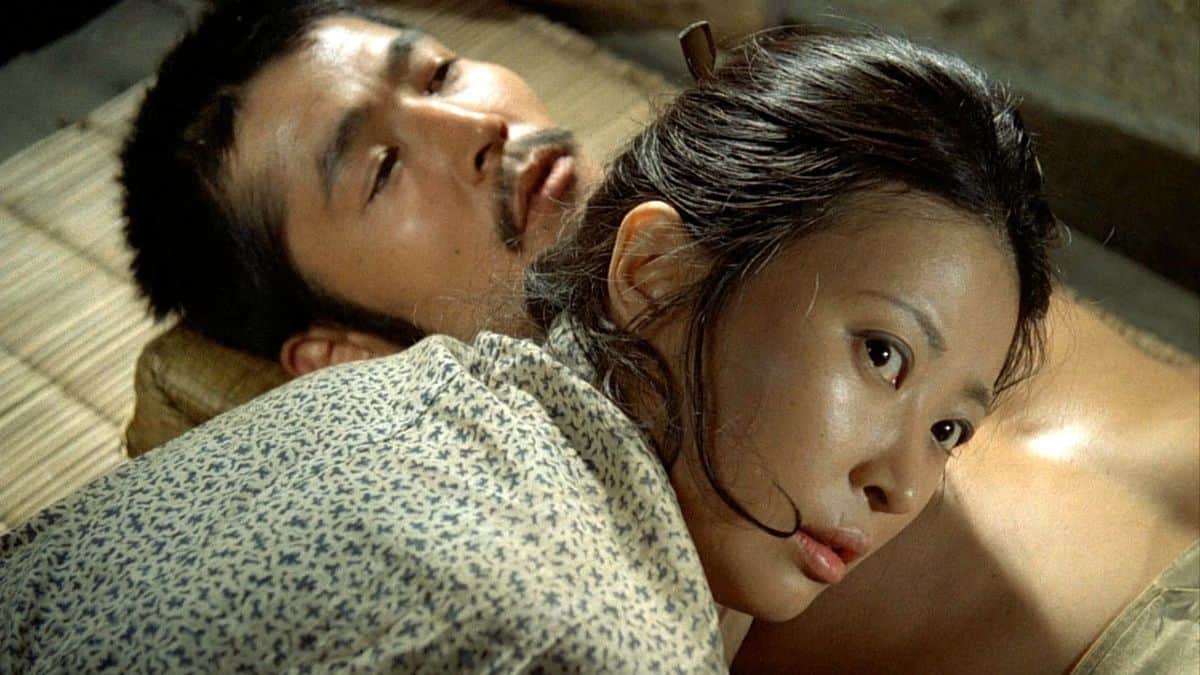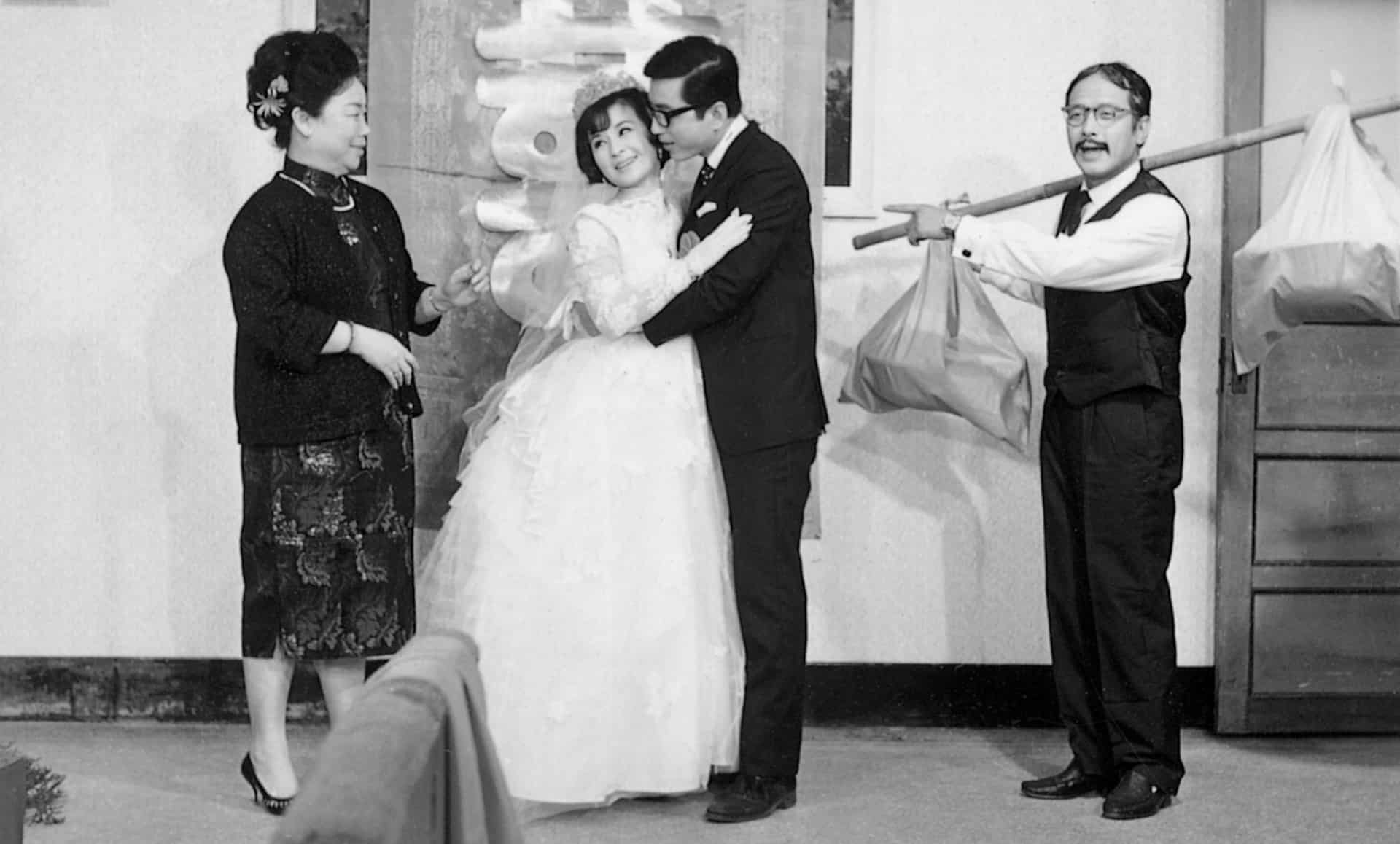History is no longer written by the victors, nor by the males or the white colonizers. The common folk, even the marginalized, have their important place and voice in history. This is what the American historian of Japan Amy Stanley seems to be saying with her newest book “Stranger in the Shogun's City”. Subtitled “a Japanese woman and her world”, this meticulously researched work of historical non-fiction is based on the extant letters between Tsuneno, a daughter of a Pure Land priest from the snowy province of Echigo, present-day Niigata Prefecture, and her family.
Buy This Title
Not particularly rich, but of higher status than most due to her family's livelihood, Tsuneno is more educated and outspoken than many women from her period. This freedom, afforded by the status and the somewhat kind upbringing by her family, helps her show her innately contrarian character and aspiration to live in the capital, no matter what. A few failed marriages later, each one with a person of lesser status, many warnings of disownment, and an elopement later, she finds herself finally in Edo – the cultural and fashion center of her universe, and one of the most developed cities in the region. Devoid of her status, she works numerous lowly jobs for petty bourgeoisie until she dies shortly before Commodore Matthew Perry forces Japan to open itself to the West.

Due to Stanley's elegant writing, we can also see and feel the protagonist much better with all of her good and bad sides. Instead of a long-gone unimportant person, she becomes a transmitter for things the reader does not expect to see in feudal and “non-modern” (meaning non-westernized) – education, literacy, and relative freedom of women. The country, and especially its capital Edo, is shown as a place that does not really want or need to open itself to the outside world, a place which is perfectly self-sufficient and has reached unprecedented (and unexpected for the West) levels of cultural development and sophistication.
The book is as much about Tsuneno, the stranger, as is about Edo, the shogun's city. Rendered in incredible detail through Stanley elegant writing and painstaking research, the city feels as alive as ever. We can hear the bustle of the streets, smell the food stalls littered around the capital, see the kabuki posters on the walls and the newest fashions that Tsuneno can only aspire to. Sophisticated and developed, yet at the same time undergoing numerous difficulties such as famine and an internal power struggle between different political and religious fractions.
As interesting and illuminating the story of Tsuneno's life might be, “Stranger in the Shogun's City” suffers from one drawback – Stanley's choice of a verbal tense. It is very wordy and it makes everything rather clumsy and repetitive. We understand that she must have chosen it for the sake of objectivity (after all, Stanley is an academic who can only guess what Tsuneno was thinking, seen or experienced), but reading pages upon pages of lengthy sentences filled with “must have seen” or “might have known” or other such lengthy phrases. It makes for a kind of unnecessarily long and weighty text that could have been quite shorter had Stanley chosen to use a simpler verbal tense.
“Stranger in the Shogun's City” is an incredible book that blurs the boundaries between historical fiction and non-fiction and doing so, manages to tell the story of a country and people on the verge of a momentous change.
















